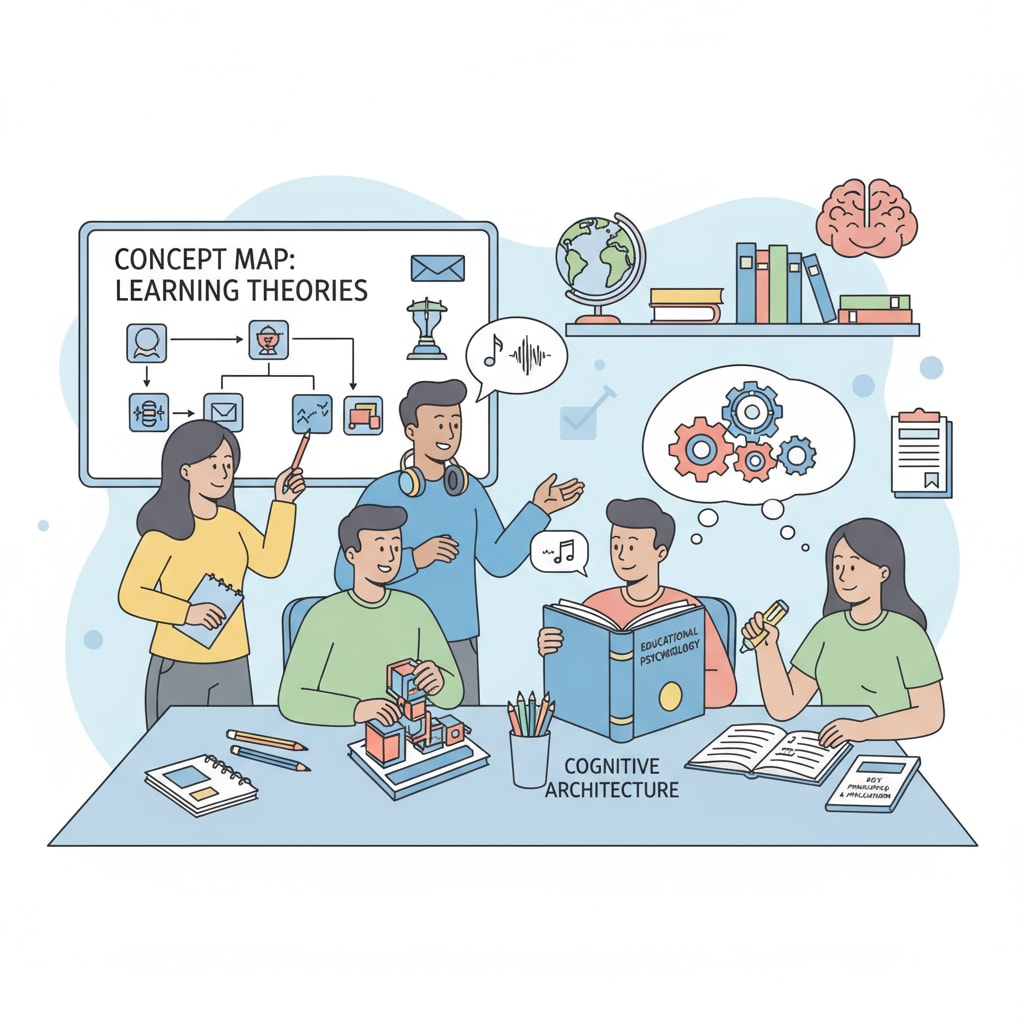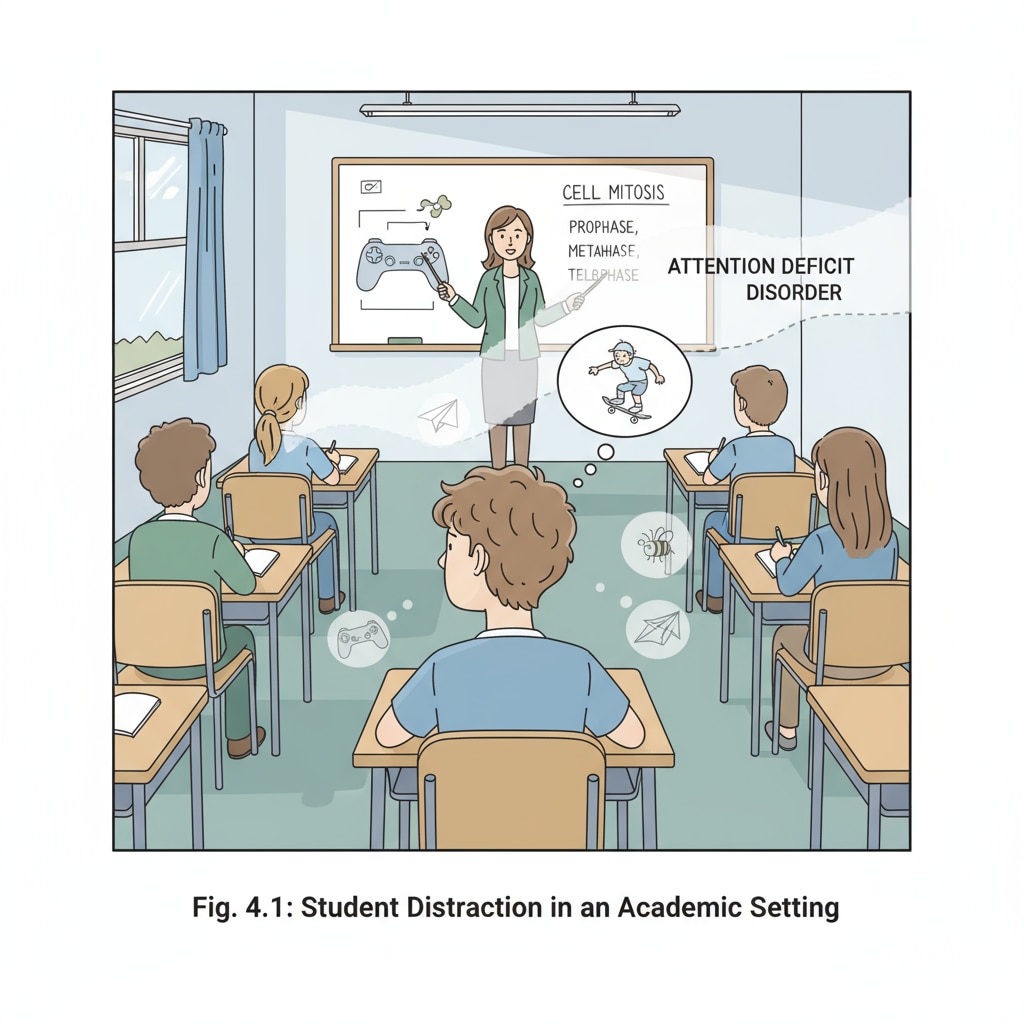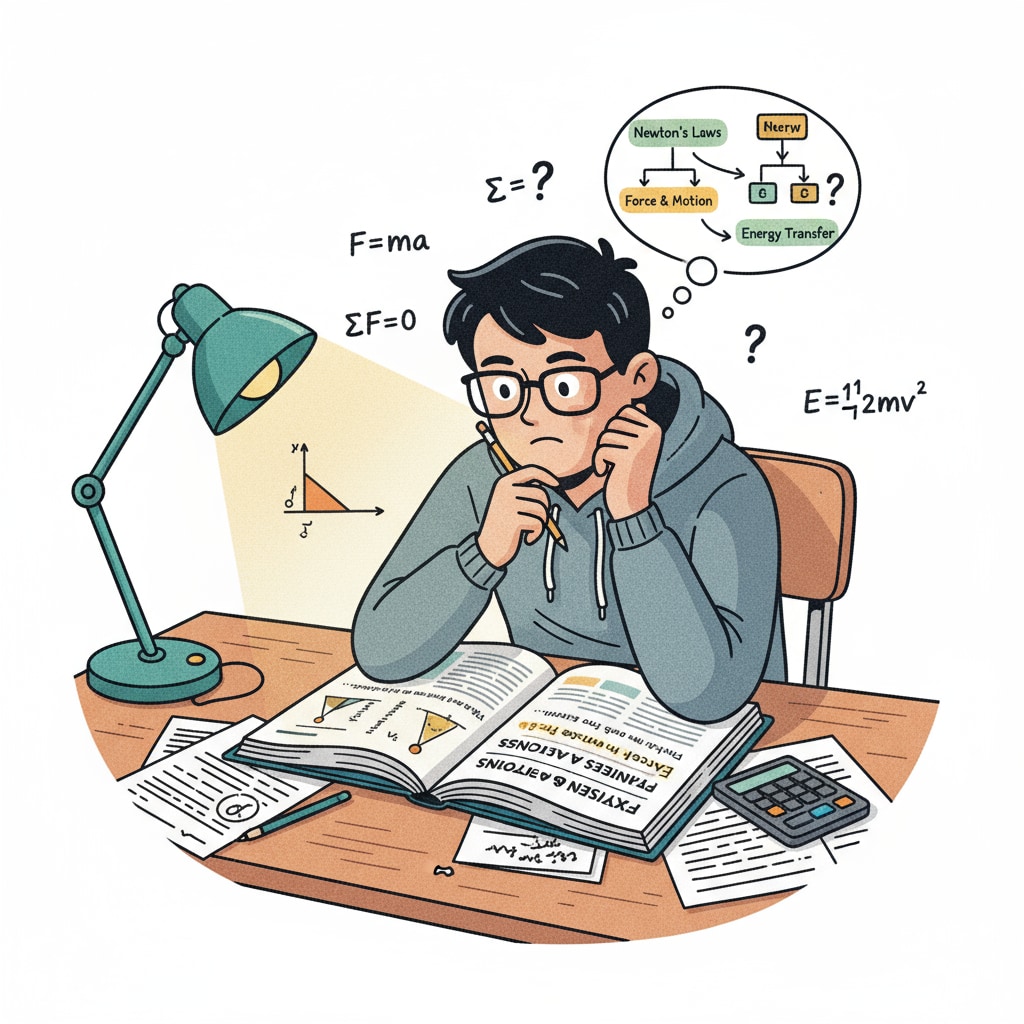Theory learning can be a challenge for individuals with attention deficits and those who are hands-on learners. However, there are effective methods that can help them overcome these obstacles and master theoretical knowledge. This article delves into such strategies, aiming to provide practical guidance for better learning outcomes.

Understanding the Challenges
Attention-deficit learners often struggle to focus on abstract theoretical concepts for extended periods. Their minds tend to wander, making it difficult to absorb and retain information. Hands-on learners, on the other hand, thrive on practical experiences and may find traditional theory-based learning unengaging. For example, in a science class, while some students can easily understand the theory from a textbook, attention-deficit and hands-on learners might need more interactive ways to grasp the concepts. Understanding Attention Deficit Disorder on Verywell Mind

The Power of Reverse Learning
One effective approach is reverse learning, starting from exam questions rather than abstract theories. By analyzing exam questions, learners can identify the key concepts and theories that are likely to be tested. This helps in establishing a connection between the practical application (the question) and the underlying theory. For instance, if a history exam question asks about the causes of a particular event, learners can then delve into the relevant historical theories to understand the context. This way, the abstract concepts become more concrete and easier to remember. Learning Theories on Psychology Today

Another aspect is to transform abstract concepts into real-world scenarios. This can be done by creating mental images or relating the theory to personal experiences. For example, when learning about economic theories, one can think about how these theories apply to their own financial decisions. This not only makes the learning process more interesting but also improves knowledge retention.
Readability guidance: As we’ve seen, understanding the unique challenges of attention-deficit and hands-on learners is crucial. By implementing reverse learning and making concepts more relatable, we can enhance their theory learning experience. Remember to use these strategies to make the most of your learning journey.


